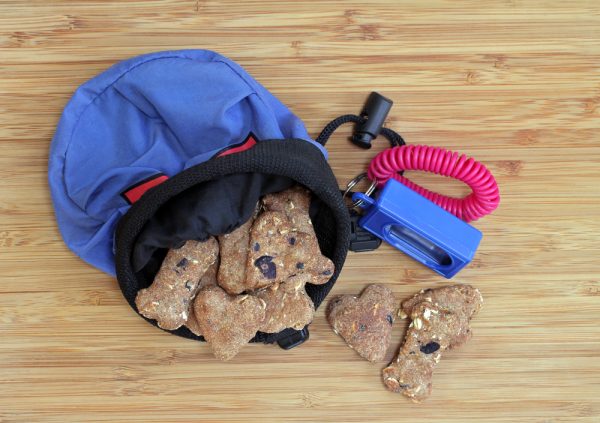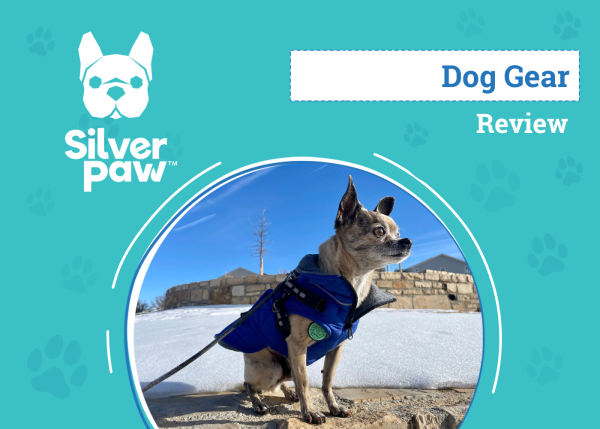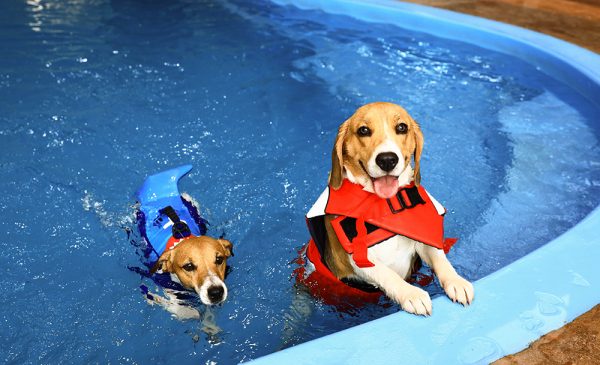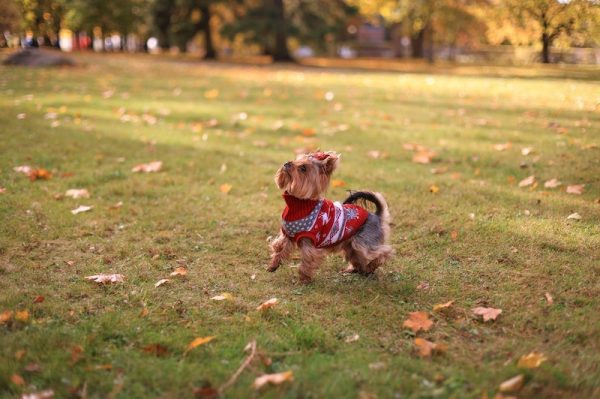In this article
View 2 More +Dogs are social creatures. They always want to play with you, check out strangers, or snuggle in your lap. For such extroverts, it only makes sense that they might get lonely when you are away for prolonged periods, such as at work or running errands. That begs the question: is it cruel to have only one dog?
Although some may be inclined to say it is, the truth is that not all living situations suit all dogs. Dogs have personalities and preferences that are just as varied as humans, so it is impossible to fit them all into one neat little category. If you are having trouble deciding whether or not to welcome a new furry friend into the home, keep reading for advice on identifying loneliness in canines and how to treat it.

How to Tell if Your Dog Is Lonely
There is a good chance that your dog experiences occasional bouts of loneliness while you are away, but that is not necessarily indicative of a problem. To determine whether your dog is struggling with frequent and recurring loneliness, pay attention to the following signs.
1. Constant Distress
If your dog is regularly agitated when you are preparing to leave, it is a good indication that they may have issues being alone. Signs to watch out for include aggression, excessive vocalization, going potty inside the house, and destructive behaviors.
2. Clinginess
Does your dog follow you around all the time? It might have been cute initially, but it became a huge inconvenience after a while. You can’t do anything without your dog staying glued to your heels!
This may be a good indication that your dog is experiencing severe loneliness. If your dog howls when you are in different rooms or waits outside of a closed door until you return, you may have a clingy dog.
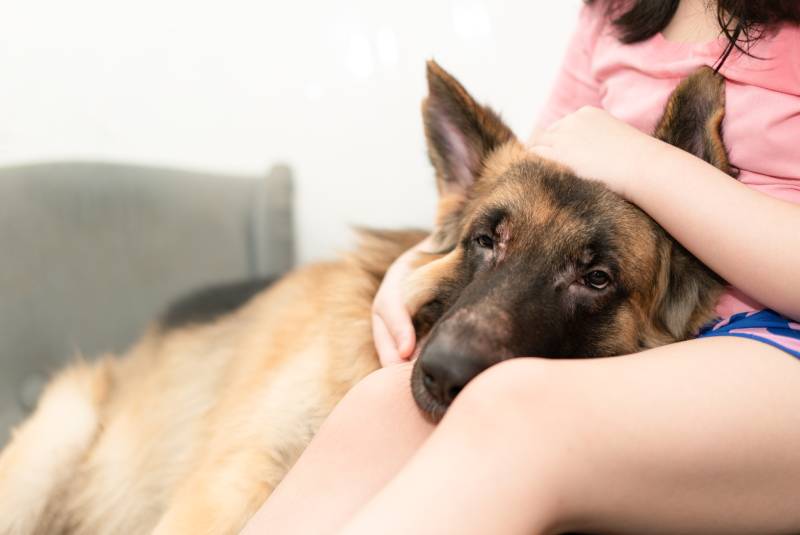
3. Excessive Licking
It may sound odd, but constant licking can signify stress¹ or boredom. If your dog is lonely, they may become increasingly agitated and lick their fur constantly. They may even lick themselves to the point of self-harm. However, this can also be a sign of serious medical complications, so be sure to rule out any health concerns before assuming it stems from loneliness.

What to Consider Before Adopting a New Dog
If you are considering bringing a new dog into the home to keep your current dog company, there are some things you will want to consider beforehand to ensure you make the right choice.
Not All Lonely Dogs Need Another Dog
Your dog may not need or even want another dog in the house, no matter how lonely they are. Just because dogs are social animals does not mean they will always get along. Adding another dog to the family is not a good idea just because your current dog is lonely. You must consider whether your dog will welcome a new pet. This can depend on several factors, such as the dog’s breed and personality.
When a new dog comes into the home, your current pet must learn to share territory, toys, attention, and more. This can be a difficult adjustment, and it is not an adjustment that all dogs can tolerate. You will need to ensure that your current dog is socialized and ready to accept a new roommate.
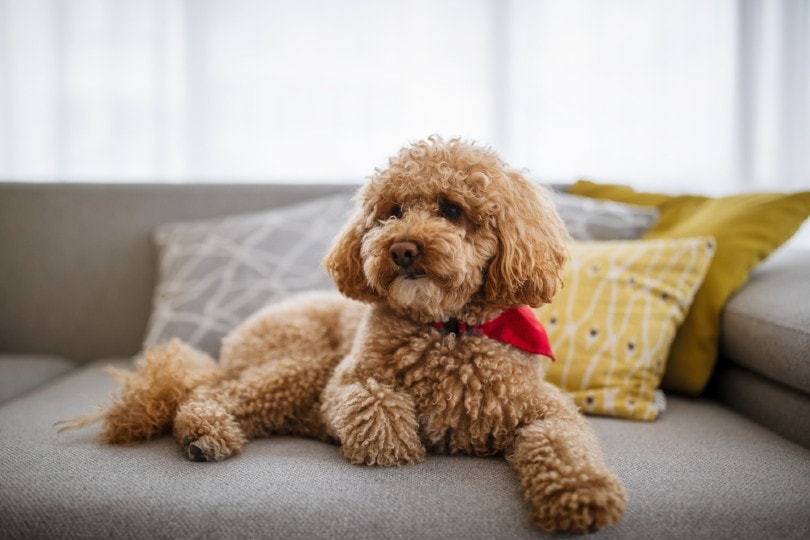
Bad Reasons to Get a New Dog
Although there are many great reasons to welcome a new four-legged companion into the home, there are also some bad reasons. Pets are a huge responsibility; they depend entirely on us for their well-being and care. Getting a second dog is not a decision to be made lightly. You should reconsider if you hope to get a second dog to quell your current dog’s fearfulness or aggression.
A new dog will not help modify these behaviors; if anything, the addition may exacerbate the issues you are already seeing in your current dog. A new dog may make your fearful dog even more anxious or make your aggressive dog more territorial. Either way, a new dog cannot solve your current dog’s problems. Instead, you must address your dog’s behavioral issues before considering a new pet.
Other Factors to Consider
A significant factor to consider is how the household dynamic will shift between the dogs and your family. A new dog is a lot of work, and all family members must pitch in and help frequently. Cleaning, training, playing, and caring for a dog must be distributed amongst the family.
Training a puppy requires a lot of time and effort, and if you struggle to care for one animal, you may want to hold off on bringing home a new family member. Finances are another area to consider. Pets are expensive. You will need to budget for more dog food, toys, veterinarian bills, supplies, and more. If your finances are already stretched thin with one dog, adopting a second dog is not advised.


How to Reduce Your Dog’s Loneliness if a Second Dog Is Not Right for You
If a second dog is not the right fit for your family, how can you help your dog’s loneliness? Spending more time with your dog when you are home is an excellent way to make up for lost time. If you are distant from your dog when you are around, they may be feeling neglected. Once you start spending more consistent time with them, their feelings of neglect will begin to fade away.
While you are away at work, see if anyone can spend time with your dog. Do you have neighbors, friends, or family with more free time in their schedule? You can see if they would be willing to lend a helping hand. If your dog has separation anxiety¹, there are some steps you can take to combat it.
For instance, you could give your dog a special treat each time you leave, such as an interactive puzzle toy that dispenses treats. When you return, place the toy somewhere your dog will not have access to. This will help your dog to feel less apprehensive about you being away. You can also leave out some clothes that you have recently worn so that your dog can smell your scent and feel comforted.

In Conclusion
No one likes to think about their dog being lonely, so it can be tempting to bring another dog home. However, another dog is a lot of work and responsibility. Getting a new pet requires a lot of thought and care, and a hasty decision may cause even more problems for your current dog. Before making a decision that will impact the whole household, consider the pros and cons of having another dog in your home.
- You Might Also Be Interested In: How Much Excercise Does a Puppy Need?
Featured Image Credit: Savelie Antipov, Unsplash


